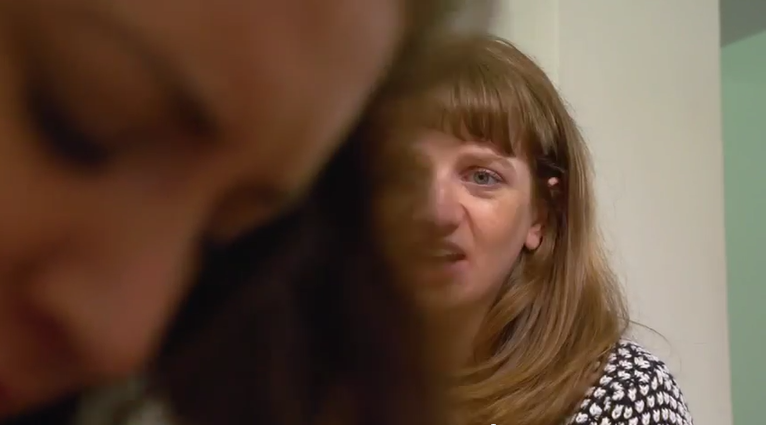Other Examples of the Reinforcement Process
Escape from social attention
It might be that for children and adults who do not like social contact, challenging behaviour is an effective way of getting others to leave them alone. This may be particularly important reason why children and adults with Autism Spectrum Disorder show behaviours that challenge. Watch the short film at the top of the page to see an example of this.
If the person does not have an alternative way of asking others to leave them alone and challenging behaviour is effective at making others leave, it is likely that the person will show the behaviour in the future.
Access to tangible items
People with intellectual disability often enjoy interacting with objects or things around them. Sometimes parents or support workers need to take these objects away (for meal times, school etc). Sometimes this may lead to challenging behaviour. If this is an effective way of gaining access to objects then the person is likely to show this behaviour again next time an object they want is removed.
You can watch an example of this (role play actors) in the following clip:
Escape from unpleasant sensory experiences
Sometimes a person may show behaviours that challenge to escape from an aversive sensory experience such as a loud noise or a bright light. Sensory hyper- or hypo- sensitivities are common in Autism Spectrum Disorder. This is highlighted in the following clip (role play actors).




